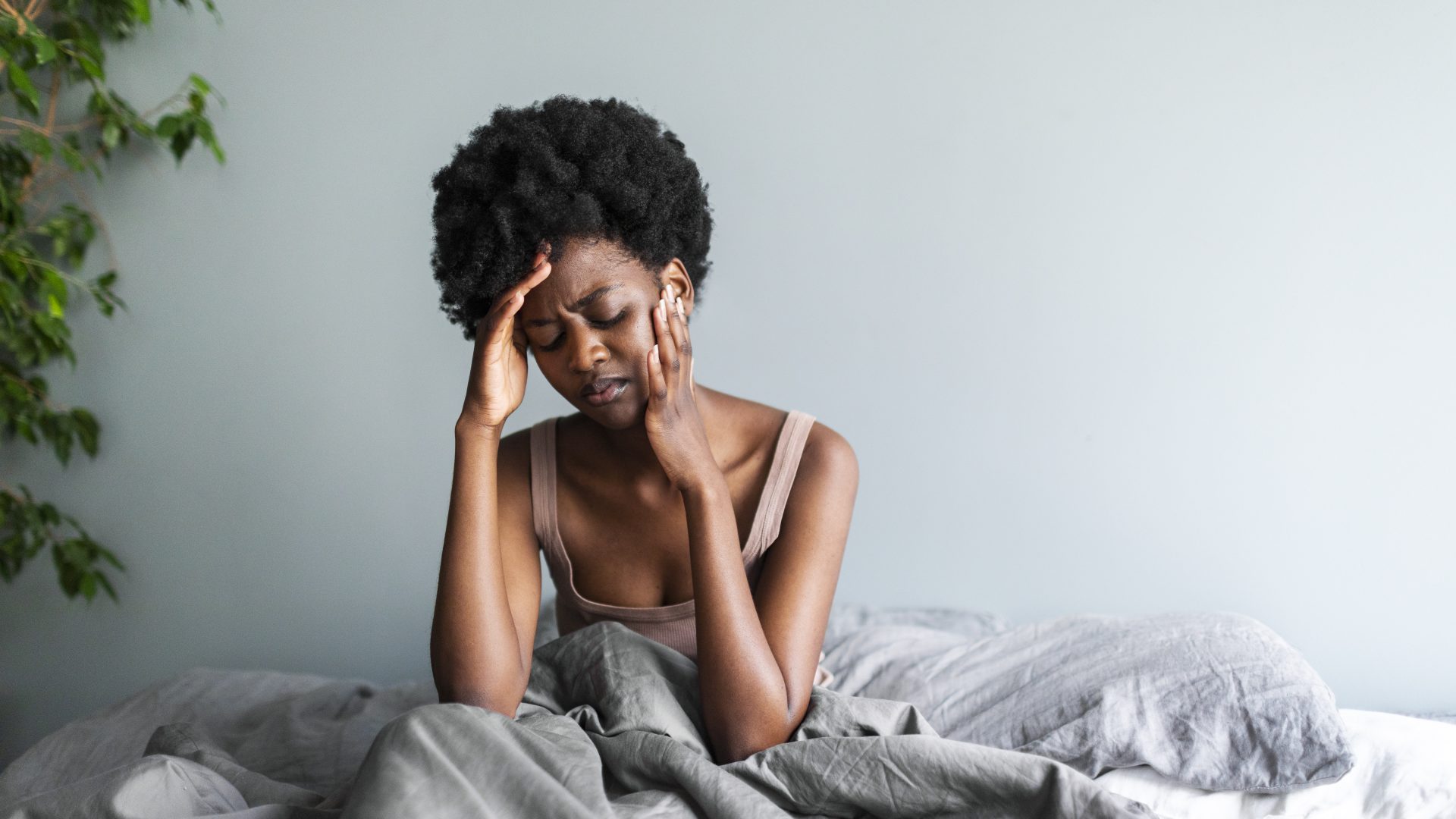
Summer is a season we all look forward to, not just for the weather and adventures planned weeks and months in advance, but for finally getting the right amount of sleep and feeling good about it. Unfortunately, due to the longer days and warmer weather. These factors can make it harder to get and stay asleep comfortably.
For some, summer insomnia becomes a reality, leading to restless nights and impacting both physical and mental health to extreme levels. This extremity includes fatigue, irritability, numbness, internal unrest, and even depression. The medical condition can get more complicated when it is compounded by other factors such as anxiety, fear, medications, and poor bedtime routines.
“Summer insomnia is a real thing; most people think the fall and winter months bring on low mood and symptoms of sleep disruption,” says Mental Health Service Practitioner Destiny Redmond. “Most commonly, people associate this with seasonal affective disorder or SAD.”
Summer insomnia is more than just being unable to sleep; it’s about distractions. Though most try to achieve good sleep, this goal becomes more troubling as the seasons change and environmental surroundings and activities shift. Aspects such as time zone changes, new sleeping environments and stress can contribute to difficulty sleeping.
“Our body runs on a circadian rhythm, so exposure to light can disrupt sleep patterns,” Redmond tells GU. “Your body believes it’s still time to stay awake, making it harder to get a good night’s rest. Any preexisting conditions can also exacerbate this, like if you already have insomnia or have a mental health condition that causes sleep disruption.”
Here are tips to assist you during these exciting and fast-paced summer months.
Creating a Sleep-Friendly Environment
To ensure better sleep, make sure your sleeping area is comfortable and conducive to relaxation. Keep it clean, quiet, and at a comfortable temperature. Consider using comfortable bedding, minimizing light and noise, and creating a friendly environment. A person’s sleep conditions can impact sleep quality, so it makes sense to ensure a relaxed, sleep-friendly area before trying other methods.
Consistent Sleep Schedule
Going to bed and waking up at the same time daily, can result in positive results regarding your rest. “To get your sleep schedule back on track, you can do several things. For example, get blackout curtains for your windows to block out light,” Redmond says. “Also, getting a sleep mask or earplugs to block out external noise can help. Some people take over-the-counter sleep aids, which can also help; however, it is also essential to ensure these are viable options from a healthcare professional before use.”
Guided Imagery
Listen to recordings that help you imagine relaxing scenes. Combine this with box breathing: breathe in, hold, then exhale for five seconds can curate a soothing environment as you prepare and relax your body.
Video Games That Help You Sleep
Playing certain video games can be a way to loosen and relax after a long day. These games can involve your brain and help ease stress and mental fatigue, making it easier to fall asleep and experience a more restful night.
Useful Apps For Insomnia
Apps like ShutEye provide soothing sounds and track your sleep patterns, offering suggestions for improvement for your sleep schedule and creating a peaceful atmosphere.
The Best Sleep Soak
A soothing bath with salts containing peppermint, lavender, CBD, or lemon can promote better sleep. Try Dr. Teal’s Pure Epsom Salt with melatonin.
Managing Light Exposure
Artificial light disrupts sleep. Use products like HappyLight Full-Size therapy lights to manage light exposure and improve sleep patterns by enhancing mood and energy during the day.
Using a Sleep Mask
The Alaska Bear Natural Silk Sleep Mask effectively blocks light, improving sleep quality for all sleepers.
Utilizing these tactics can help you fully enjoy the summer while prioritizing your sleep, ensuring you can maximize your activities.
About the Author: Mandi Miller, the unassuming journalist, gracefully navigates the realms of mental health, lifestyle, education, and entertainment. Through her subtle yet impactful writing, she invites readers to explore the depths of diverse perspectives and gain insightful insights into the serene landscapes of Unwritten, GreyJournal, and #EpilepsyDisease.